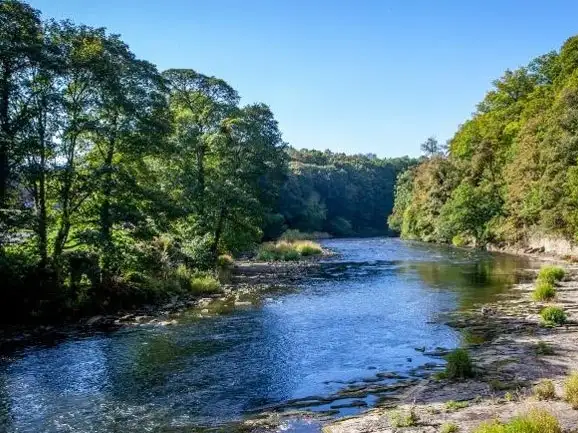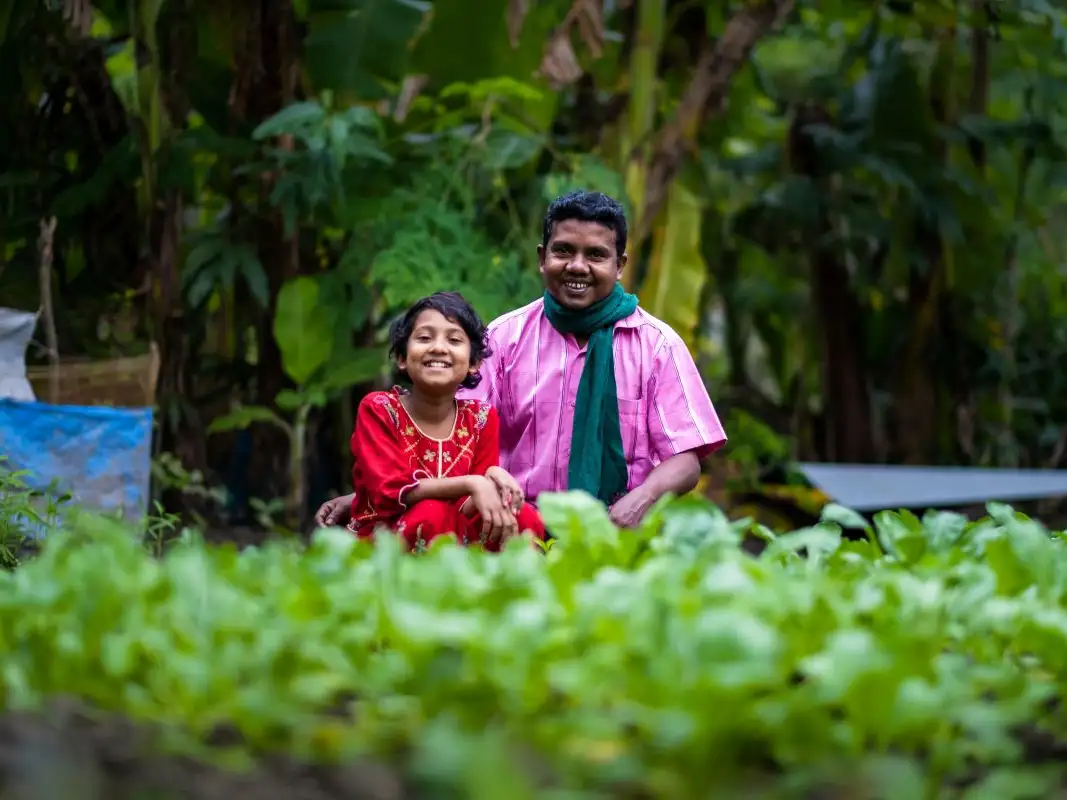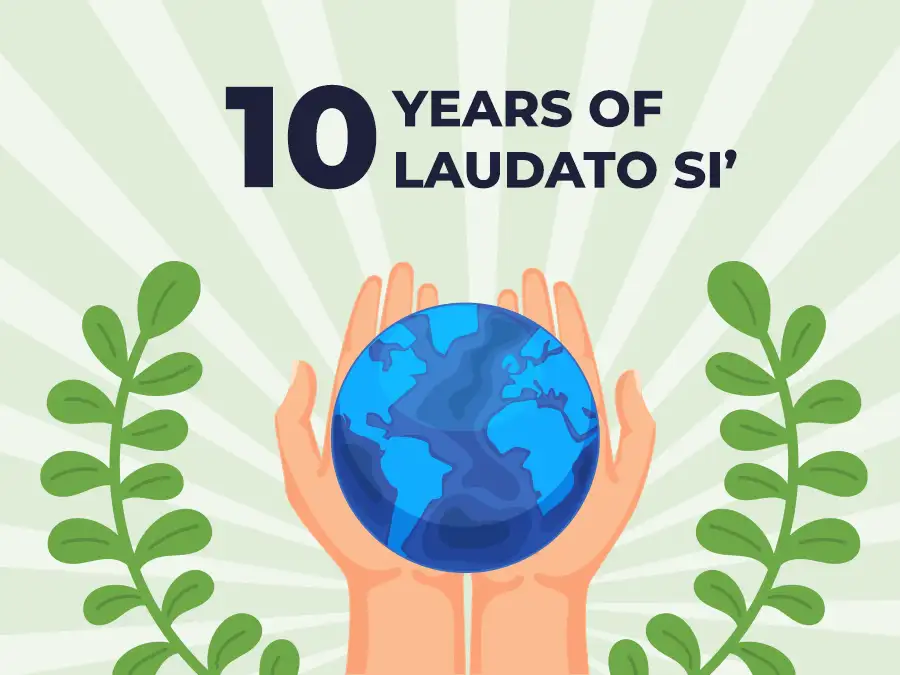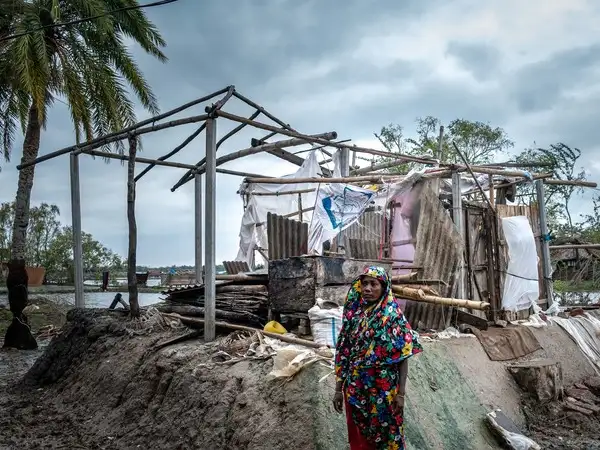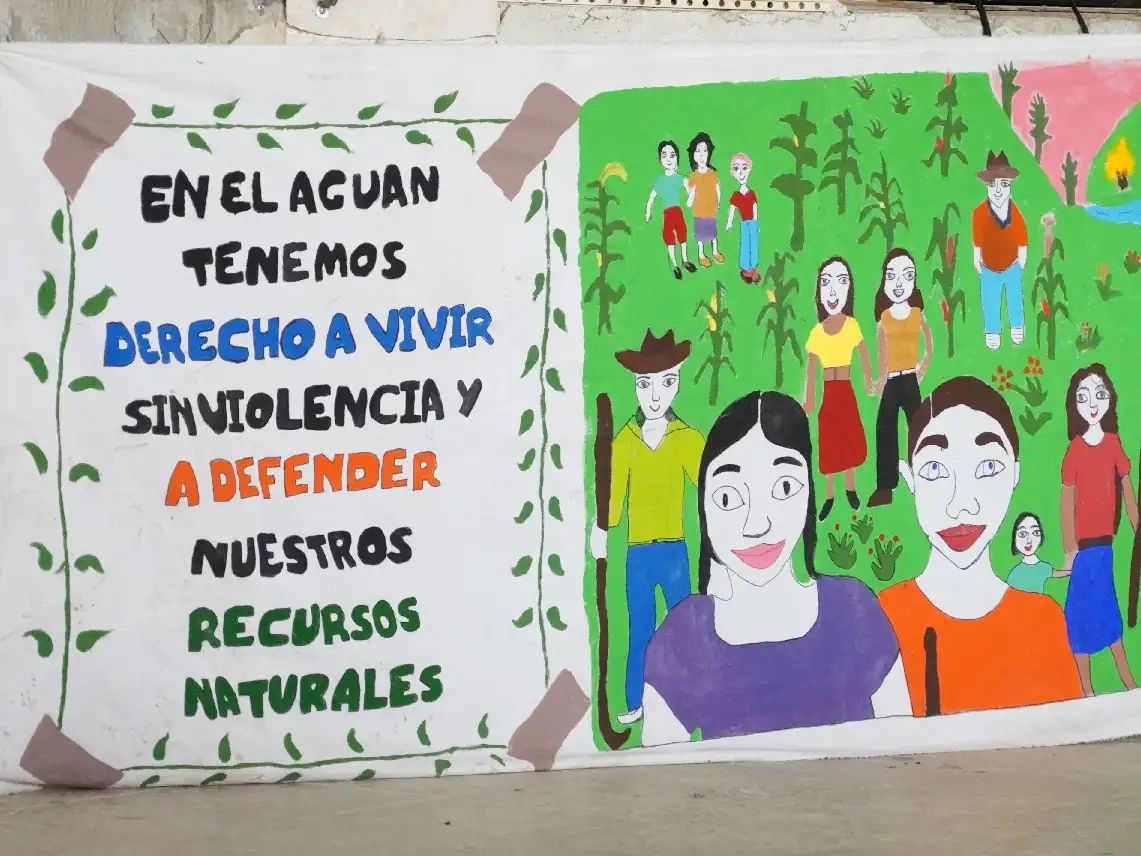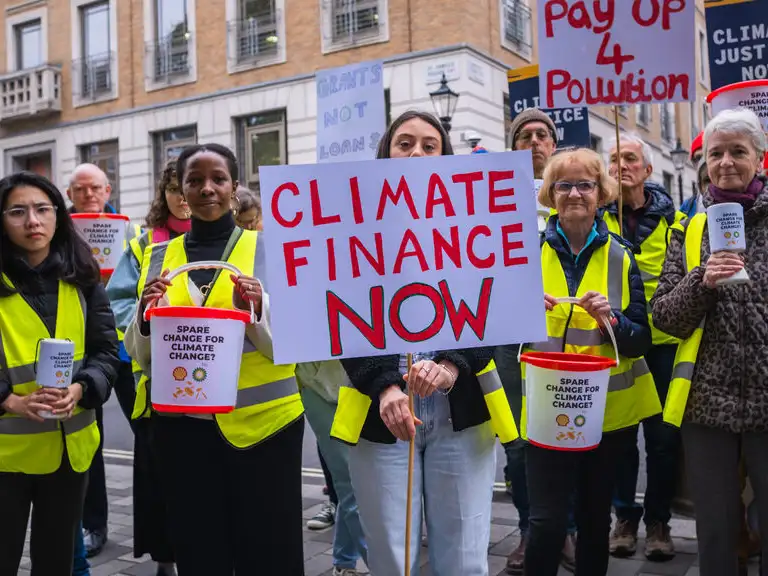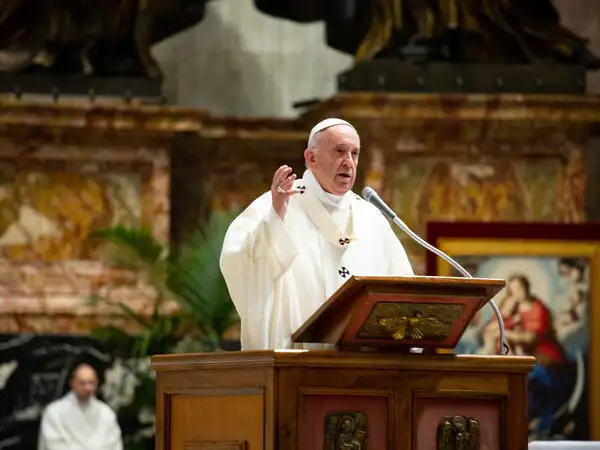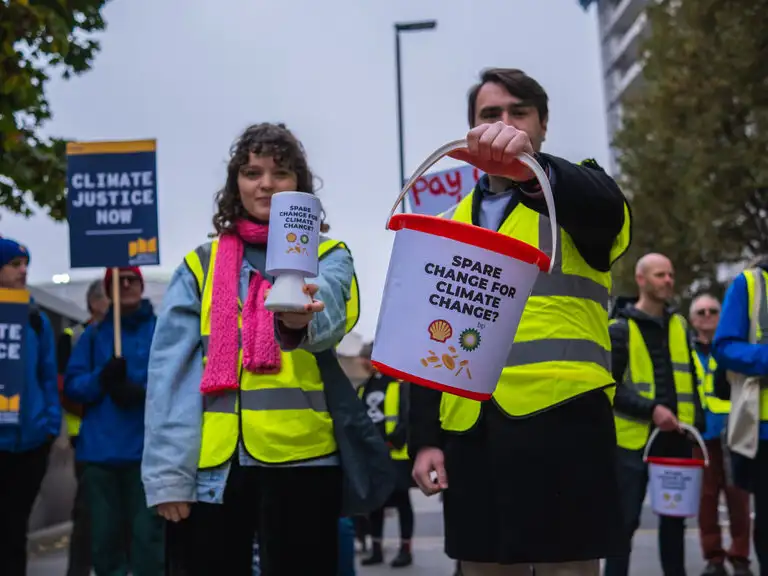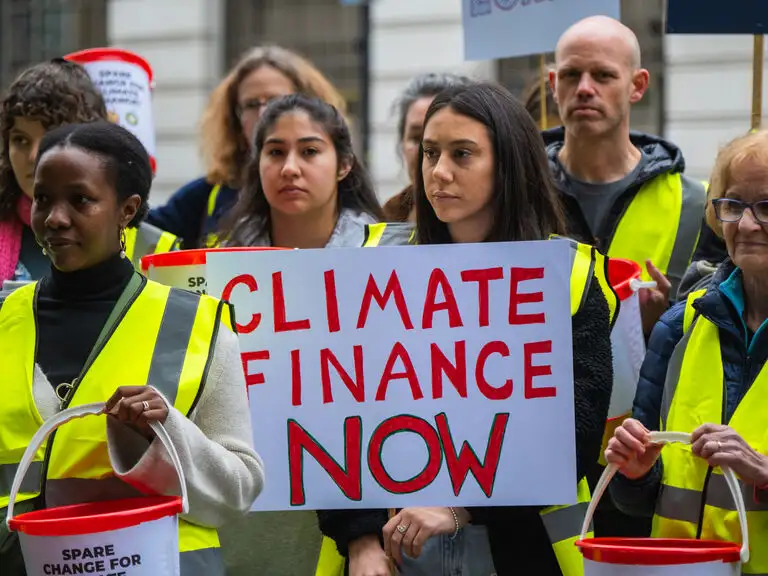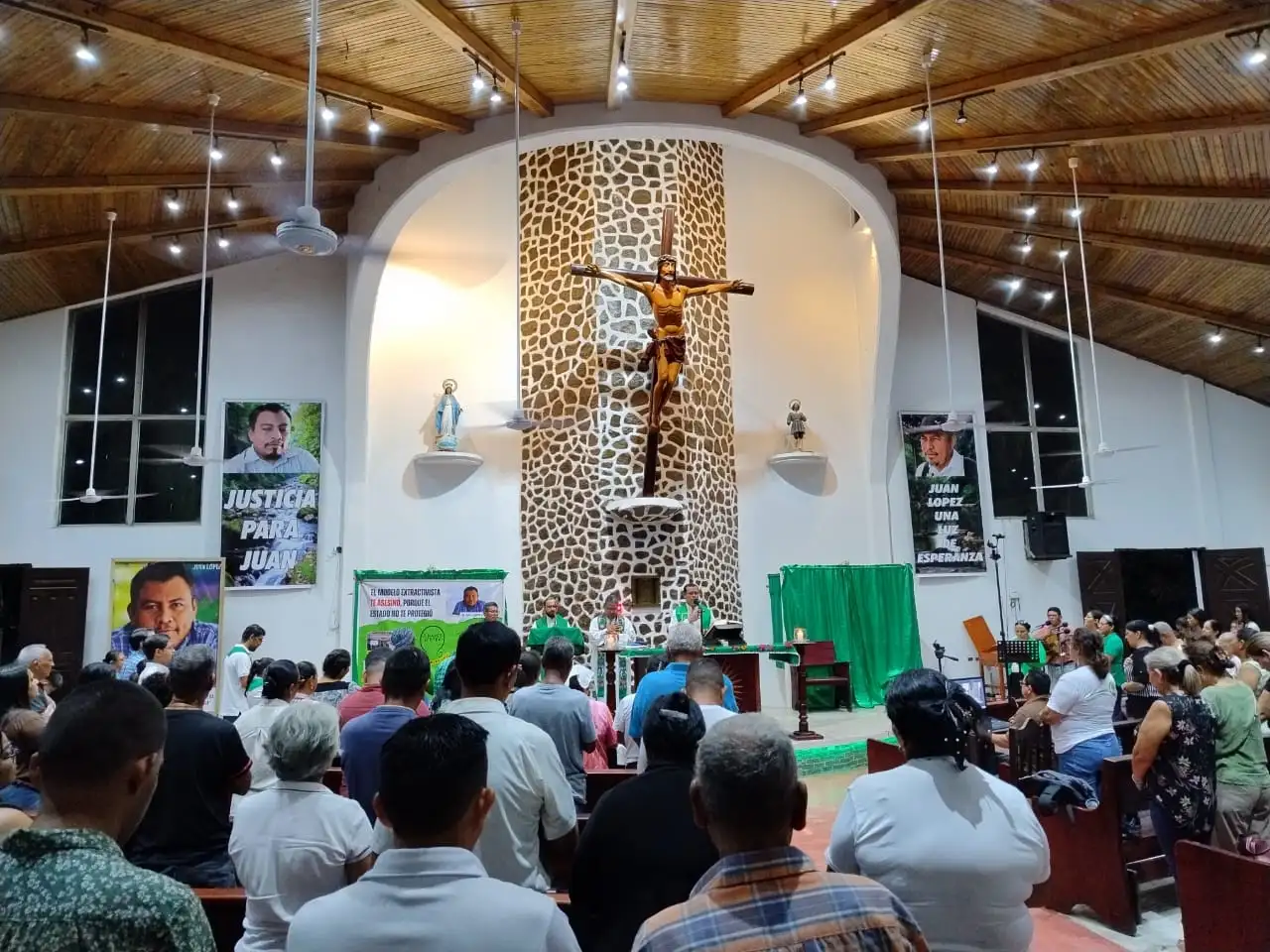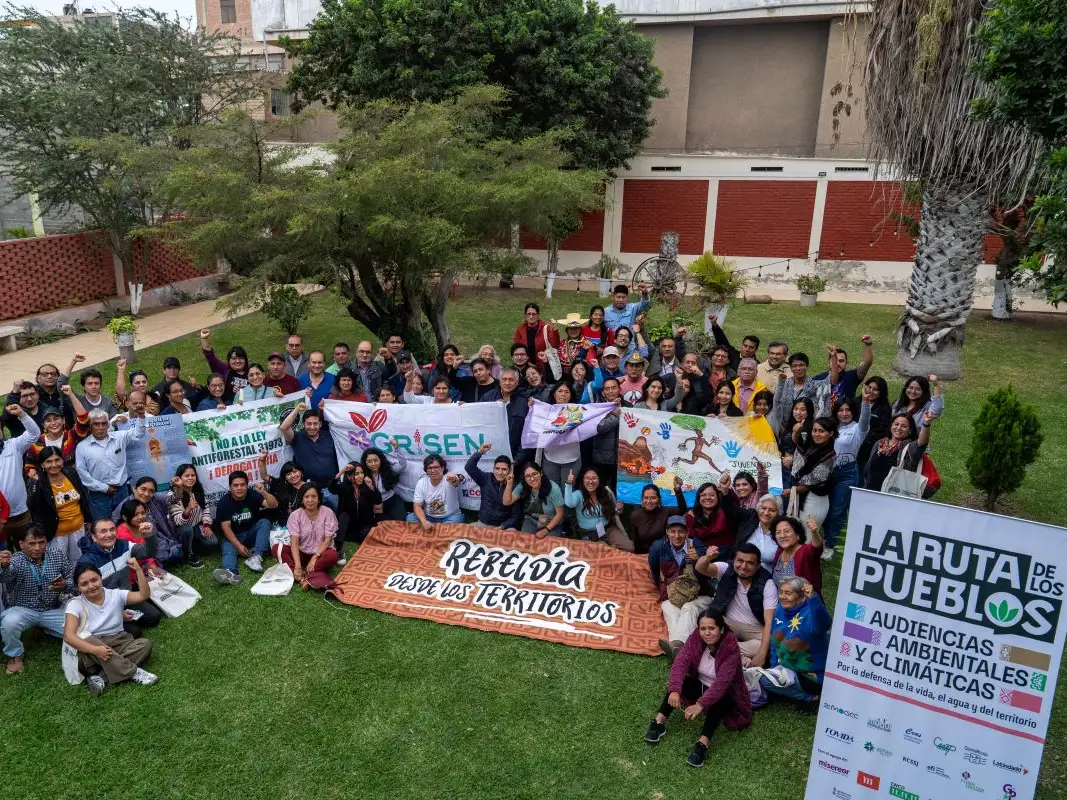

Participants of the Ruta de los Pueblos in Chiclayo, Perú. Photo credit: Red Muqui
With Brazil due to host the COP30 climate change conference in the city of Belém in November 2025, CAFOD is supporting communities most affected by the climate crisis to defend their land, water and rights.
Recently more than 100 Indigenous, peasant, and community leaders gathered in neighbouring Peru to present urgent climate demands from the ground up. Their meeting-place in the northern city of Chiclayo was deeply symbolic. Not only was it where Pope Leo XIV spent many years of his pastoral ministry, but the city witnesses tensions between mining interests and rural populations over issues such as environmental damage and water supplies.
Marching for the environment
After two days of discussions, delegations from six regions of northern Peru drew up a declaration of proposals and demands on environmental and social challenges. These included water contamination, land degradation, the criminalisation of environmental defenders and the deepening climate crisis.
A march through the streets took the declaration to the Diocese of Chiclayo, with a call to send the document to Pope Leo, known for his engagement with environmental and social justice issues during his years in Peru. The event coincided with Peru’s Day of the Peasant, which highlights the vital role of rural communities in food systems and ecological stewardship.
Maria Crespo, Bolivia Programme Officer, who attended the gathering, said: “It was inspiring to witness grassroots leaders speak with clarity and strength about their demands. Their message is urgent and rooted in lived reality – and it deserves to be heard in Lima and at COP30.”
A shared agenda for climate justice
The Chiclayo meeting is part of a broader national process known as the People’s Route (La Ruta de los Pueblos), which brings together more than 70 organisations across Peru. Supported by CAFOD partners including Red Muqui, CAAAP, REPAM Peru, and CEAS (the Social Action Commission of Peru’s Catholic Bishops), the initiative is working to ensure that Peru’s environmental and climate policies – including those presented at COP30 in Brazil – reflect the real experiences and solutions of the communities most affected.
“This process is important because we are facing a critical moment – globally, regionally and in Peru – with steps backwards on human rights and environmental protections, and the climate crisis accelerating. These hearings allow local communities to analyse what’s happening in their regions, propose solutions, and identify what must change. All of this will feed into a national agenda ahead of the 2026 elections – and into the COP30 international negotiations in Brazil, where we want Peru’s position to reflect grassroots priorities.” Jaime Borda, Executive Secretary of CAFOD partner Red Muqui.


